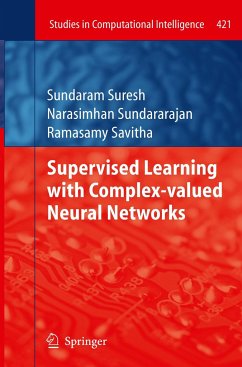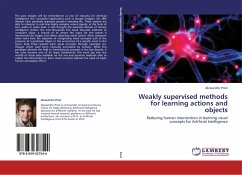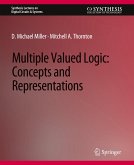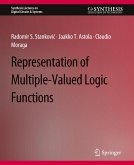Recent advancements in the field of telecommunications, medical imaging and signal processing deal with signals that are inherently time varying, nonlinear and complex-valued. The time varying, nonlinear characteristics of these signals can be effectively analyzed using artificial neural networks. Furthermore, to efficiently preserve the physical characteristics of these complex-valued signals, it is important to develop complex-valued neural networks and derive their learning algorithms to represent these signals at every step of the learning process. This monograph comprises a collection of new supervised learning algorithms along with novel architectures for complex-valued neural networks. The concepts of meta-cognition equipped with a self-regulated learning have been known to be the best human learning strategy. In this monograph, the principles of meta-cognition have been introduced for complex-valued neural networks in both the batch and sequential learning modes. Forapplications where the computation time of the training process is critical, a fast learning complex-valued neural network called as a fully complex-valued relaxation network along with its learning algorithm has been presented. The presence of orthogonal decision boundaries helps complex-valued neural networks to outperform real-valued networks in performing classification tasks. This aspect has been highlighted. The performances of various complex-valued neural networks are evaluated on a set of benchmark and real-world function approximation and real-valued classification problems.
Bitte wählen Sie Ihr Anliegen aus.
Rechnungen
Retourenschein anfordern
Bestellstatus
Storno








